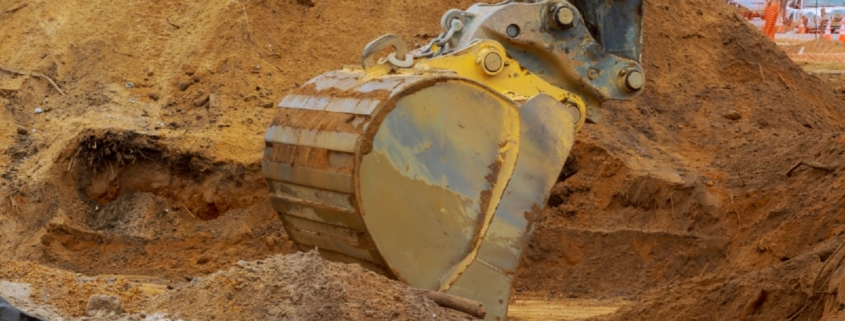A Comprehensive Guide to Commercial Construction 4884
Understanding the Role of Technology in Modern Construction has revolutionized how we plan, design, and execute projects. It’s essential to comprehend this role to maximize efficiency and stay competitive in today’s rapidly evolving market.
In the past, construction was predominantly a manual industry. Workers used physical strength to build and design structures. Today, however, the narrative has significantly transformed. Technology is now an essential component in the construction landscape. From automated machinery to advanced software systems, technology has revolutionized construction processes, making them more efficient and less labor-intensive.
One of the most significant technological advancements in construction is Building Information Modeling (BIM). BIM is a digital representation of physical and functional characteristics of a facility. It serves as a database for information about a building, forming a reliable basis for decisions. Through BIM, construction companies can plan, design, construct, and manage buildings more effectively.
Another game-changer in the construction industry is the advent of drones. These unmanned aerial vehicles provide overhead perspectives of construction sites, improving site surveys, and inspections. Drones can capture real-time images and videos, providing crucial data for project management.
Moreover, the Internet of Things (IoT) is also making a huge impact, promoting remote management and tracking of equipment. IoT devices can monitor the health of machinery, predict potential malfunctions, and improve overall productivity.
Artificial intelligence (AI) and machine learning are the latest technological trends in construction. These technologies can analyze large volumes of data, forecast project outcomes, and help in making informed decisions. AI can also automate repetitive tasks, freeing up human resources for more complex tasks.
In conclusion, technology plays a vital role in modern construction. It not only boosts efficiency but also helps in reducing costs, controlling risks, and delivering high-quality projects. However, to fully leverage these benefits, construction companies need to embrace the latest technological advancements and invest in training their staff. The future of construction lies in embracing these technologies, and those who adapt will lead the industry.
Technology in construction is not just about adopting new tools or software; it’s about transforming the way we approach construction. As we move forward, it will become increasingly important to understand the role of technology in construction and how to make the most of its potential.
For more details, check best Chimney Services Dublin or visit their Chimney Repairs Service business listing here.



